×
![]()
reblock
| Type: | Model Group |
| Submitter: | Andreas Bley |
| Description: | Multi-period mine production scheduling model. Solved using ug[SCIP/spx], a distributed massively parallel version of SCIP run on 2,000 cores at the HLRN-II super computer facility. |
Parent Model Group (reblock)
All other model groups below were be compared against this "query" model group.  |
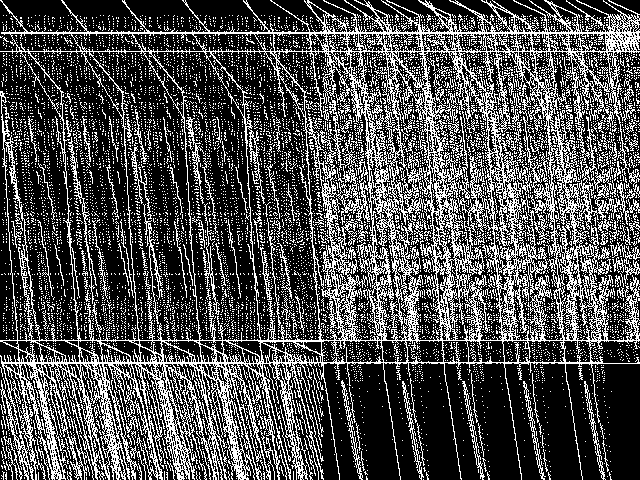 |
|
Model Group Composite (MGC) image
Composite of the decomposed CCM images for every instance in the query model group.
|
Component Instances (Decomposed)
These are the decomposed CCM images for each instance in the query model group.  |
These are component instance images.
|
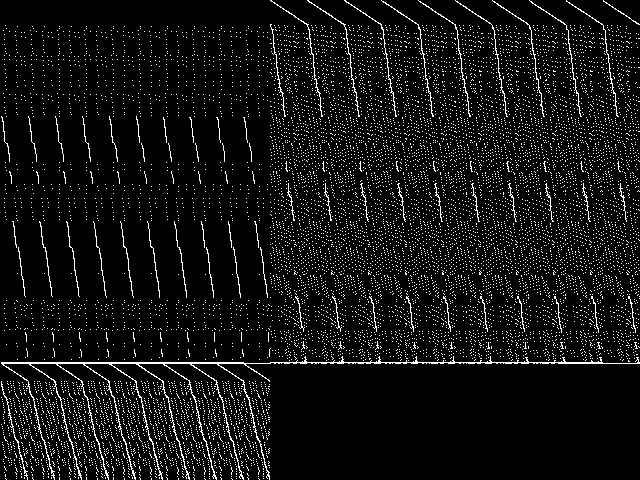 |
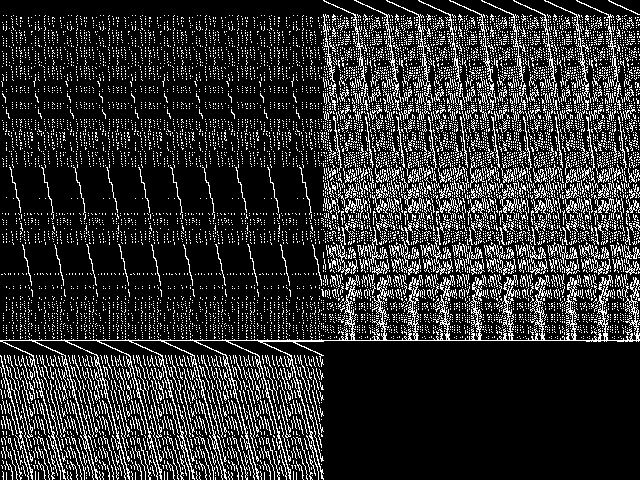 |
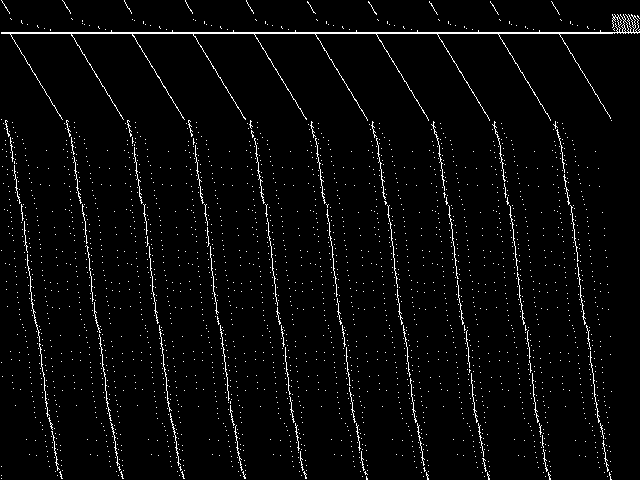 |
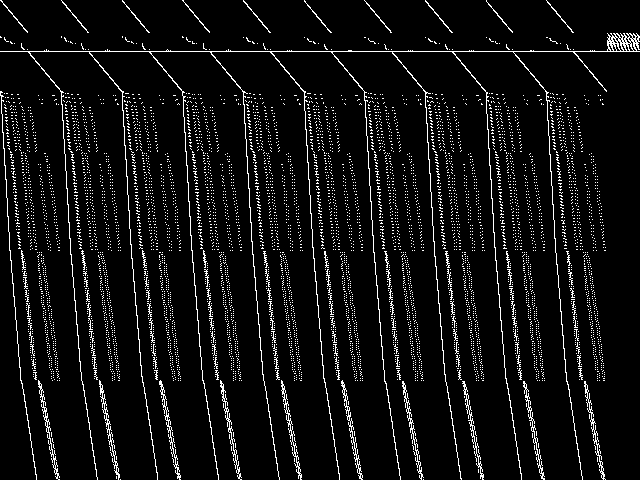 |
 |
| Name | reblock166 | reblock420 | reblock115 | reblock354 |
MIC Top 5 Model Groups
These are the 5 MGC images that are most similar to the MGC image for the query model group, according to the ISS metric.  |
FIXME - These are model group composite images.
|
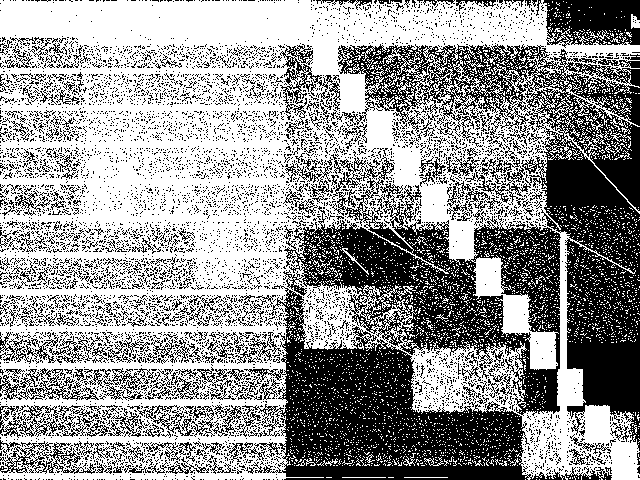 |
 |
 |
 |
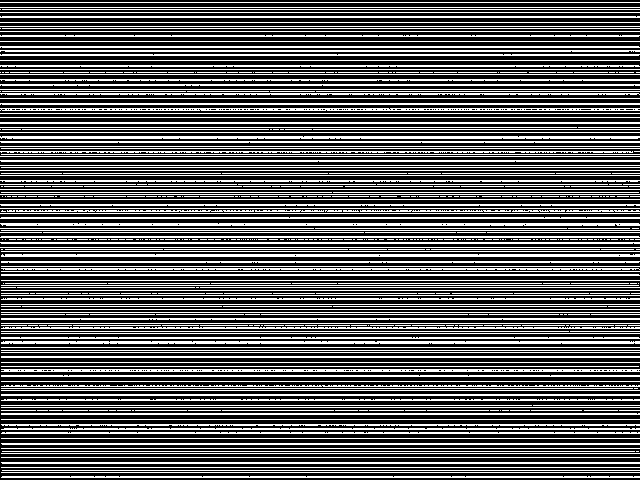 |
| Name | maritime | ivu | core | air | eil | |
|
Rank / ISS
The image-based structural similarity (ISS) metric measures the Euclidean distance between the image-based feature vectors for the query model group and all other model groups. A smaller ISS value indicates greater similarity.
|
1 / 1.060 | 2 / 1.147 | 3 / 1.177 | 4 / 1.192 | 5 / 1.203 |
Model Group Summary
The table below contains summary information for reblock, and for the five most similar model groups to reblock according to the MIC.
| MODEL GROUP | SUBMITTER | DESCRIPTION | ISS | RANK | |
|---|---|---|---|---|---|
| Parent Model Group | reblock | Andreas Bley | Multi-period mine production scheduling model. Solved using ug[SCIP/spx], a distributed massively parallel version of SCIP run on 2,000 cores at the HLRN-II super computer facility. | 0.000000 | - |
| MIC Top 5 | maritime | Dimitri Papageorgiou | Maritime Inventory Routing Problems: Jiang-Grossmann Models. These models are available at https://mirplib.scl.gatech.edu/models, along with a host of additional information such as the underlying data used to generate the model, best known upper and lower bounds, and more. They involve a single product maritime inventory routing problem and explore the use of continuous and discrete time models. A continuous-time model based on time slots for single docks is used for some models. A model based on event points to handle parallel docks is used in others. A discrete time model based on a single commodity fixed-charge network flow problem (FCNF) is used for other models. All the models are solved for multiple randomly generated models of different problems to compare their computational efficiency. | 1.060090 | 1 |
| ivu | S. Weider | Set partitioning model resulting from a column generation algorithm used for duty scheduling in public transportation. Solved in June 2014 using CPLEX 12.6 with 48 threads in about 25 days. | 1.146642 | 2 | |
| core | A. Caprara, M. Fischetti, P. Toth | Set covering model coming from Italian railway models | 1.176842 | 3 | |
| air | G. Astfalk | Airline crew scheduling set partitioning problem | 1.192045 | 4 | |
| eil | J. Linderoth | Set partitioning problem approximation for capicated vehicle routing problem model from TSPLIB | 1.202730 | 5 |

